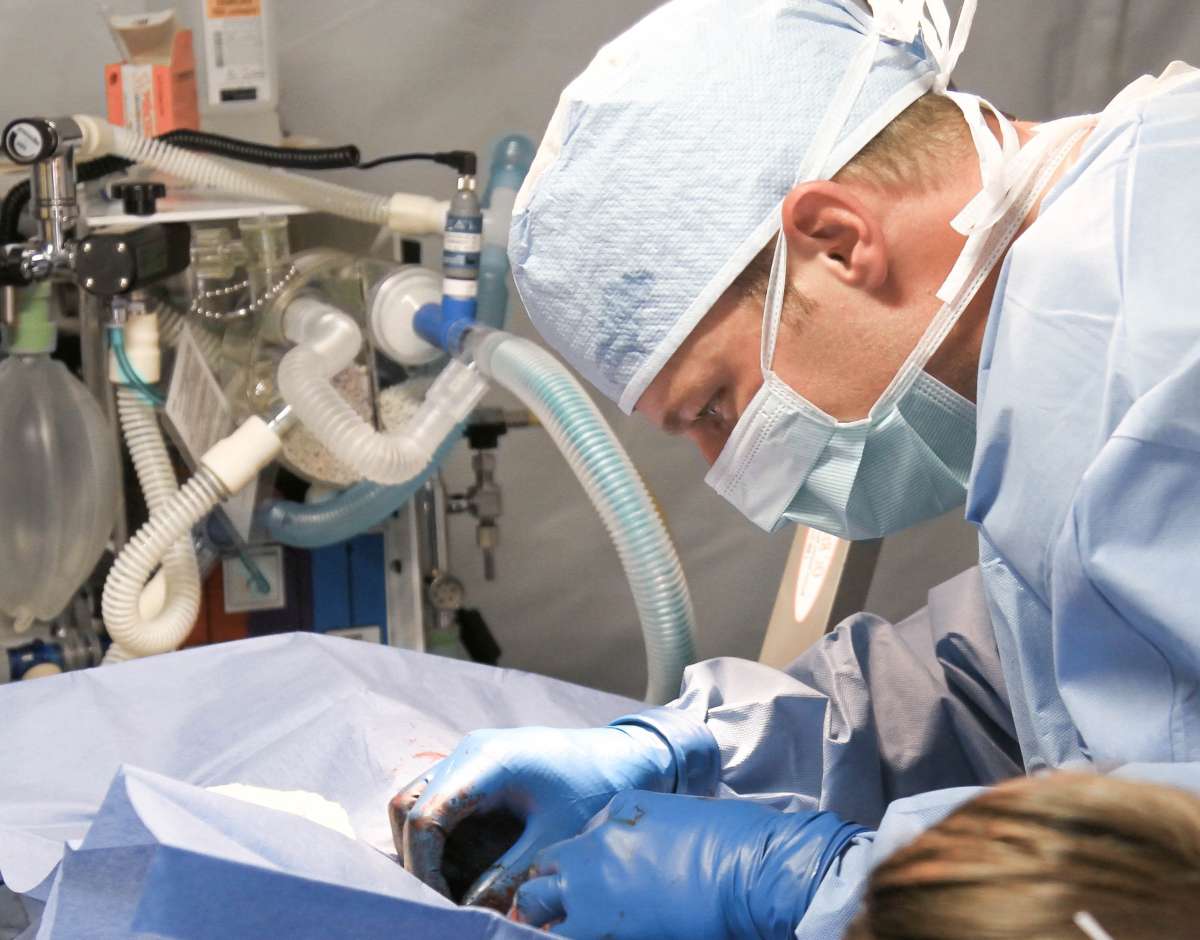Degrees Offered:
- Doctor of Philosophy (Ph.D.)
- Master of Science (M.S.)
Area(s) of Specialization: (may appear on ISU transcripts after graduation)
- Veterinary Clinical Pathology (M.S., Ph.D.)
- Veterinary Parasitology (M.S., Ph.D.)
Area(s) of Emphasis:
- Anatomic Pathology
Krista Hibbs
hibbs@iastate.edu515-294-4590
Veterinary Pathology
2764 Vet Med
Iowa State University
Ames, IA 50011-1134
2764 Vet Med
Iowa State University
Ames, IA 50011-1134
Admission Requirements
Graduate College Requirements:
- 4 year Bachelor’s degree (or equivalent)
- Academic Records/Transcripts
- Minimum 3.0 GPA (Program may alter requirement.)
- Proof of English Proficiency.
Program Specific Requirements:
- Three essays (may be uploaded with online application)
- Concurrent applicants follow directions on web page
- Resume/CV
- Duolingo is temporally being accepted instead of TOEFL/IELTS
- Program Requires GRE: No
- Program Requires GMAT: No
- Program Will Review Without TOEFL or IELTS: No
International Requirements:
- Financial Statement: Application
- English Proficiency Minimum:
TOEFL Paper (PBT) 550 TOEFL Internet (iBT) 79 IELTS 6.5 PTE 53 Duolingo (approved through spring 2025) 105
Application Requirements
Application Deadlines:
Consult FIRST with Veterinary Pathology Department via email
Application Details:
This program is open to domestic and international students.



